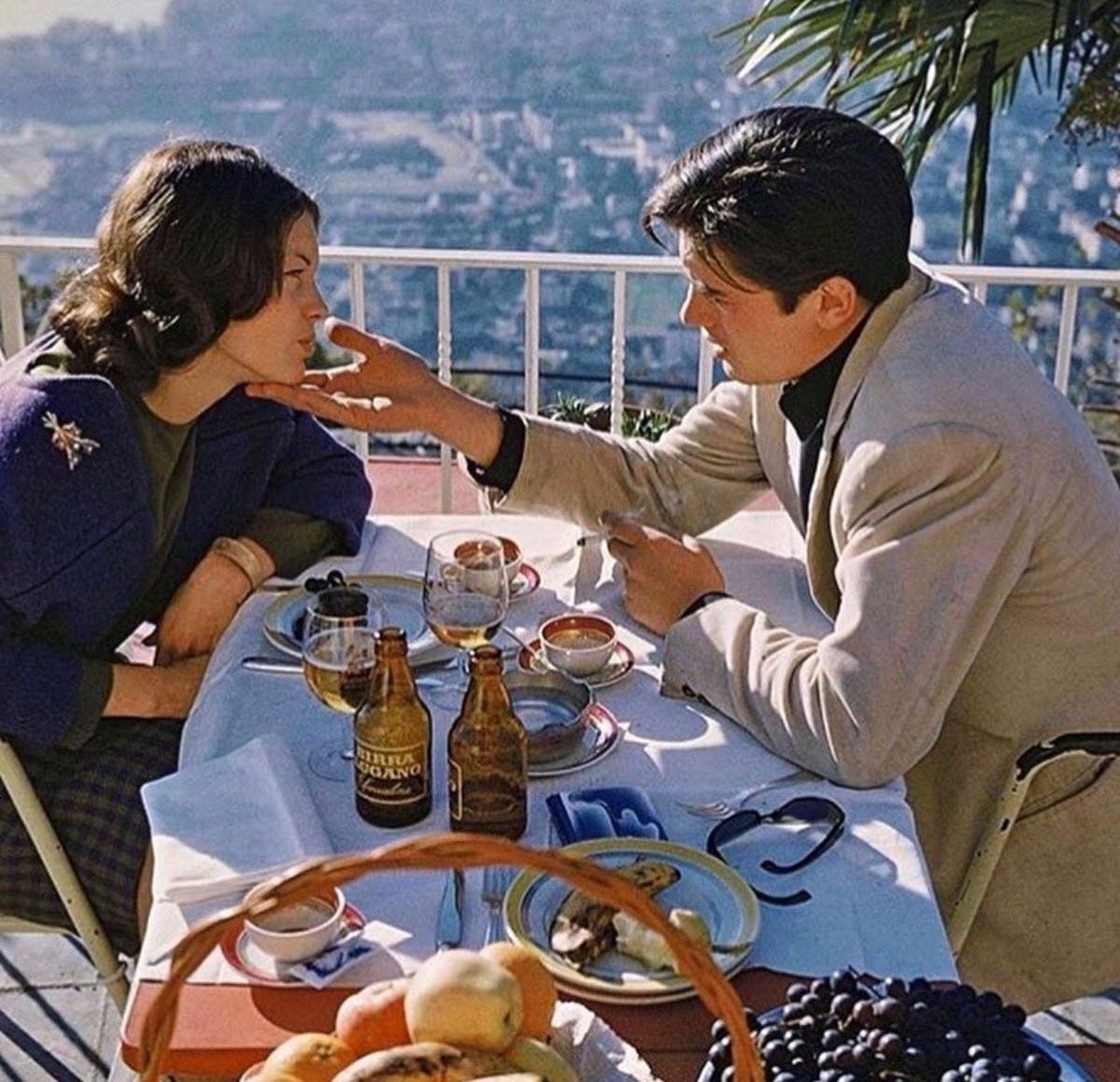XXXXIX. Love Without Chains: How We Can See Our Loved Ones as Gifts, Not Possessions
To love, then, is only in the power of the wise.
“Whoever then understands what is good, can also know how to love; but he who cannot distinguish good from bad, and things which are neither good nor bad from both, can he possess the power of loving? To love, then, is only in the power of the wise.” — Epictetus
Love is a force so profound it can compel poets to weep, philosophers to pontificate, and perfectly rational people to text their ex at midnight.
But true love, as opposed to the clingy, melodramatic variety, is not a chain or a demand.
It is, rather, a liberation.
Loving well means seeing others as gifts, not objects to be hoarded.
It is an art—practical, delightful, and attainable, even for those of us who occasionally eat cereal for dinner.
When we view our loved ones as gifts, we delight in their company without the absurd notion that they are permanent fixtures in our lives.
People, like the Game of Thrones show, have a beginning, a middle, and sometimes a surprisingly abrupt and shitty end.
This is not to deny grief but to see their presence as a treasure, not an entitlement.
After all, if someone lends us their Netflix password, we don’t cry when it’s changed—we simply savor the time we had with it.
But to love others well, we must first love ourselves—not in the self-absorbed, “I listen to Kanye West” way, but in the dignified manner of someone who knows their worth.
A person who is self-reliant, grounded in virtue, and capable of eating alone without looking at their phone is a person who loves freely, not desperately.
When we radiate love from abundance rather than scarcity, we stop chasing approval like a dog chasing its tail.
The tail, by the way, is never impressed.
Now, let us speak of betrayal, which tends to feel like the universe is personally trolling us.
Yet betrayal is often less about us and more about someone else’s flaws, insecurities, poorly thought-out decisions, or a peculiar love for misery.
People are human—they will sometimes act selfishly, as though they’re directing a drama that no one else agreed to join.
“Let’s do it for the plot,” they’ll say — as if they’re sure life will give them more takes at creating a happy relationship.
The secret is this: don’t audition for their play.
Acknowledge their choices, learn what not to do, the type of people to trust, demand the best for yourself, and carry on with your own narrative, ideally with more dignity and less hate.
We must also abandon the noble but misguided effort to “fix” others.


